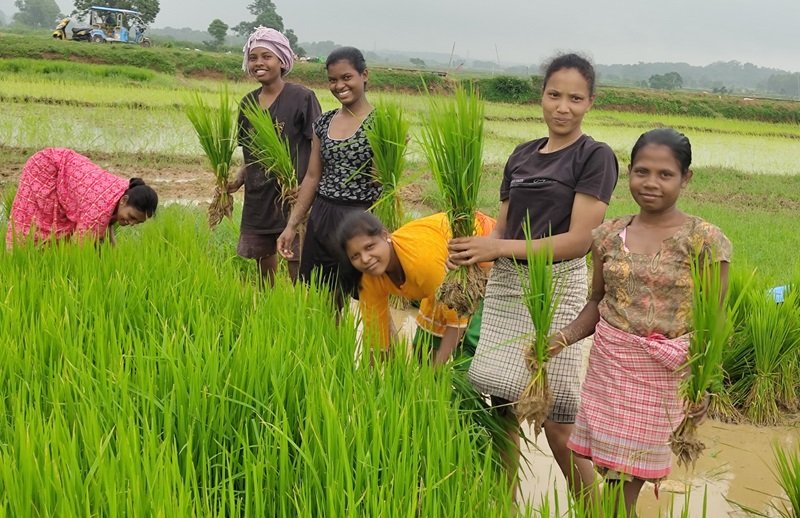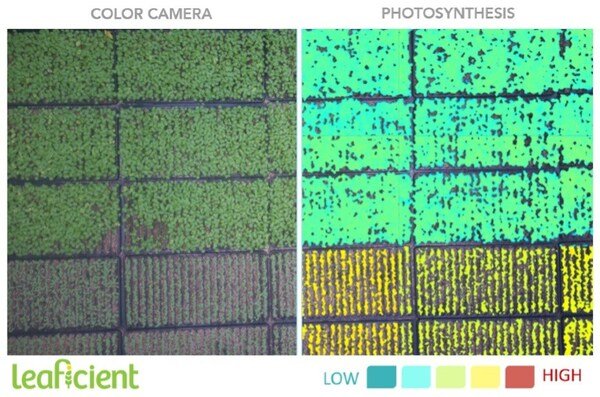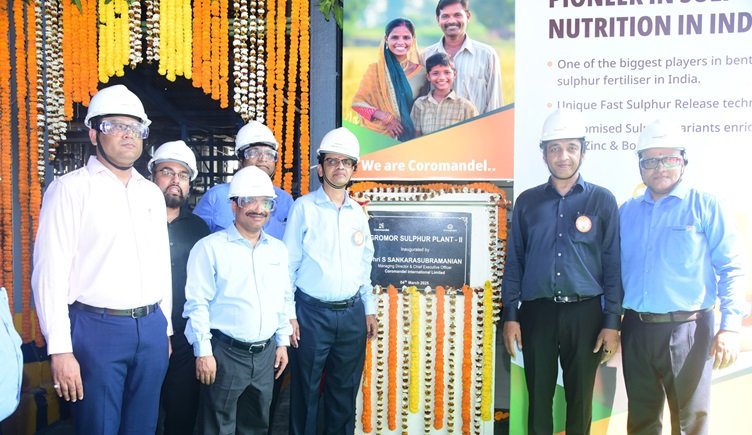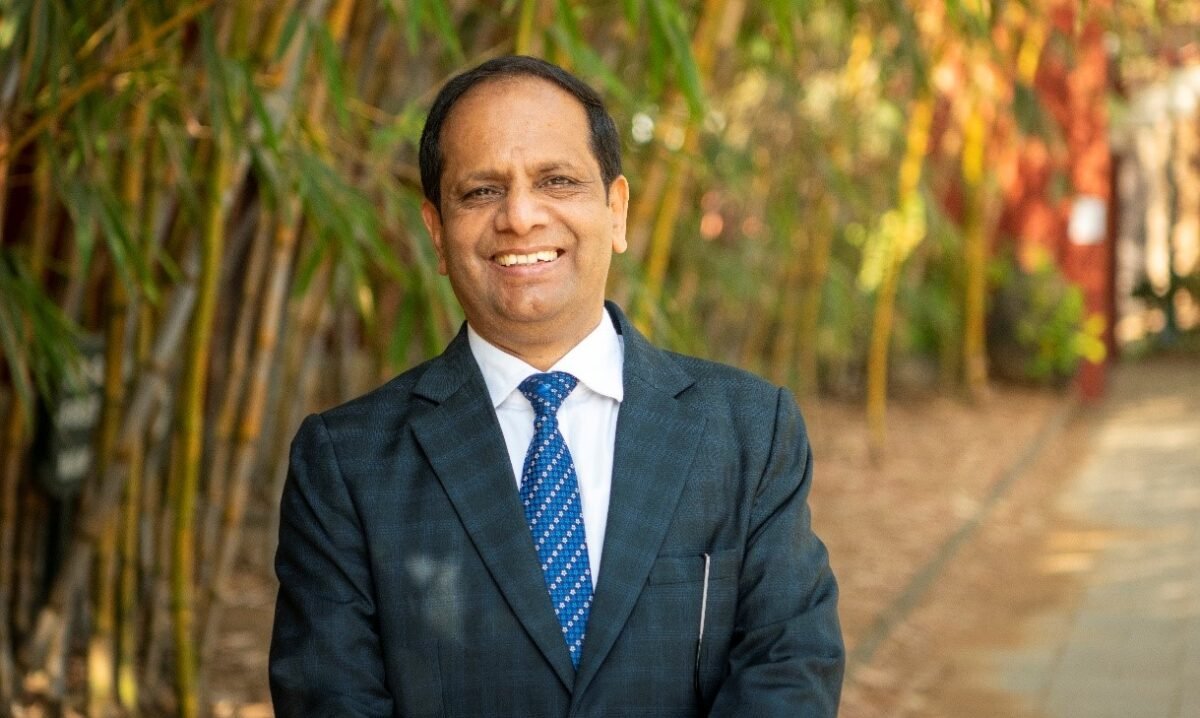Breaking barriers, building futures: Women led FPOs at the forefront of agricultural transformation
By Poorna Pushkala, Corporate Strategy, Samunnati.
It is crucial to recognise the immense yet often overlooked role of women in agriculture, where they make up nearly 80 per cent of the workforce in India. Despite being the backbone of rural economies, their contributions remain underrepresented in policies and decision-making. However, a quiet revolution is unfolding—women-led Farmer Producer Organizations (FPOs) are emerging as powerful drivers of economic and social change, challenging traditional structures and paving the way for a more inclusive agrarian economy.
A New Era of Leadership
Women who once worked as support labour are now leading robust enterprises, transforming the agricultural landscape with innovation and resilience. In one such success story, Vilathikulam FPO in Tamil Nadu, a group of women farmers demonstrated effective utilisation of resources by diversifying their operations from animal husbandry to oil processing and dal milling, significantly increasing its turnover and enabling more women to enter agribusiness.
Similarly, Satpudanchal, an all-women FPO in a tribal community began with vegetable farming during COVID-19 and later shifted to millet cultivation, leveraging natural resources and rain-fed agriculture. Through collective efforts, they built an input supply chain, procured key crops, and secured market linkages with major buyers. With aspirations to expand turnover significantly in the coming years, they are strengthening processing facilities and seeking financial support to scale their impact.
Another women-oriented FPO, Araikkal Agriculture, registered in 2019, is focused on retail branding and export expansion while empowering female entrepreneurs. With a presence in numerous stores and international markets, they aim to scale turnover further through processing, online sales, and market diversification. Their entrepreneurship training programs foster micro-enterprises, reinforcing their mission to integrate women into agribusiness and drive financial independence. This FPO has generated a lot of employment for women in the agri industry which is usually perceived as a male-dominated one.
These stories highlight how women-led FPOs are not just overcoming barriers but actively shaping a more inclusive, sustainable, and commercially viable agricultural sector.
Women-Led FPOs: Driving Economic and Social Change
The impact of women-led FPOs goes beyond profitability. Studies have shown that over 92 per cent of these organisations generate profitable revenue, with members displaying higher financial participation, stronger business acumen, and greater investment in community well-being.
Traditional enterprises often overlook key segments of holistic and inclusive growth, whereas women-led FPOs prioritize education, health, and sustainability by reinvesting their earnings to enhance the quality of life in rural areas. Their leadership is also linked to higher cropping intensity, greater agricultural diversity, and more efficient resource utilization, showcasing their ability to maximize productivity.
Women-led FPOs are gateways to opportunity, where individual and collective voices are amplified, their skills are valued, and their economic discernment is unlocked. By strengthening inclusive leadership and fair decision-making, these organizations are reshaping economies, ensuring growth and stability.
Addressing the Roadblocks
While the future is promising, challenges persist. Limited land ownership, social barriers, time constraints, and limited access to government schemes continue to obstruct women’s full participation. Currently, only 14% of women own land, creating obstacles in accessing credit and enrolling in FPOs. Additionally, deep-rooted societal norms often limit women’s mobility, decision-making authority, and financial independence, slowing down progress.
However, change is already underway. Various initiatives are being implemented to enhance gender inclusion in FPOs, provide dedicated training for women farmers, and ensure better access to financial resources. Women-centric policies, including increasing the representation of women in governance structures and forming more women-led FPOs, are expected to drive long-term transition.
A compelling example of this transformation is Nisargraj Farmers Producer Company (FPC) in Maharashtra, where women, once restricted by social norms, leveraged capacity-building programs to strengthen their business acumen. By actively participating in decision-making, they established collection centers, secured better prices for their produce, and reinvested profits into their communities. This shift not only empowered them economically but also demonstrated the potential of inclusive policies in breaking long-standing barriers and reshaping the landscape of women-led enterprises in agriculture.
Building an Inclusive Agrarian Economy
To drive continuous progress, targeted interventions are important. Strengthening women-led FPOs in key areas, ensuring at least 33% representation in mixed FPOs, and expanding access to financial resources and training will foster inclusive growth. Gender-sensitive programs in market analysis and financial literacy can empower women to negotiate better, optimise productivity, and lead agricultural enterprises.
The road ahead is one of expansion, innovation, and collective progress. With targeted interventions, empowering policies, and robust institutional frameworks, India’s agrarian economy can be transformed into an inclusive, gender-equal segment where women are not just participants but key decision-makers.
Women in agriculture are no longer just cultivators of crops; they are cultivators of change, prosperity, and empowerment. Their narratives serve as a beacon of hope for a future where equal rights, economic independence, and sustainable livelihoods are a reality for all women.
By Poorna Pushkala, Corporate Strategy, Samunnati.It is














